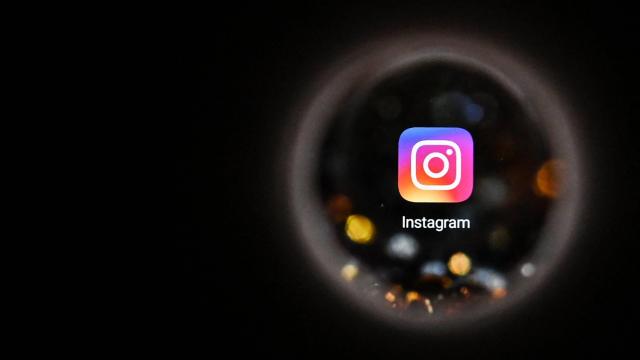Facebook has announced new safety measures for Instagram in response to the storm of criticism it has received in light of documents and testimony from whistleblower Frances Haugen.
In an interview with CNN’s State of the Union, Nick Clegg, the company’s vice president of global affairs, on Sunday stated that Facebook would be rolling out three new measures to help improve the experience vulnerable teens have on Instagram. The company will allow adults to supervise what their teens are doing online if they choose to do so, “nudge” users who are looking at a lot of harmful content over to different content, and prompt teens to “take a break” from Instagram.
The measures had been floated as possible ideas and solutions by Instagram head Adam Mosseri in late September when he announced the company was pausing work on a version of the app for kids under 13. Clegg’s announcement on Sunday confirmed the measures were now part of Facebook’s plan going forward.
“We can’t change human nature,” Clegg said. “You always compare yourself to others, particularly those who are more fortunate to yourself, but we can do is change our product, which is exactly what we’re doing.”
In the interview, Clegg also tried to frame Facebook’s problem as a challenge society must face together and reiterated the company’s claim that Instagram is a positive experience for the “overwhelming majority” of teenagers who use it and suffer from sleeplessness, anxiety, and depression.
However, Clegg’s comments stand in stark contrast to a damning report published by the Wall Street Journal, which based its story on internal documents provided to it by Haugen. In the documents, Facebook’s internal researchers said the company made body image issues worse for 1 in 3 teen girls who experience them.
“Teens blame Instagram for increases in the rate of anxiety and depression,” researchers said in an internal presentation. “This reaction was unprompted and consistent across all groups.”
Another presentation found that 13% of British users and 6% of American users who experienced suicidal thoughts traced their desire to kill themselves to Instagram, the Journal reported. Facebook has disputed the outlet’s characterization of its research.
In response to Haugen’s claim that Facebook placed profits over the mental wellbeing of teens on its platform, Clegg highlighted the $18 (AUD) billion investment the company has made in security, which is “more than the total revenue of Twitter over the last four years.” He also pointed out that the company has 40,000 people, or more than twice the number of staffers on Capitol Hill, that work on these issues.
“As I say, we cannot with the wave of a wand make everyone’s life perfect. What we can do is improve our products so that our products are as safe and as enjoyable to use,” Clegg said.
While all that sounds great, when you consider that Instagram is a toxic museum of falsity in spite of all of that Facebook money and all those people working to make it “safe,” the only reasonable reaction left is disbelief. Disbelief that even with all of those resources, Facebook is still viciously succeeding at making our youngest and most vulnerable feel worse about themselves.
